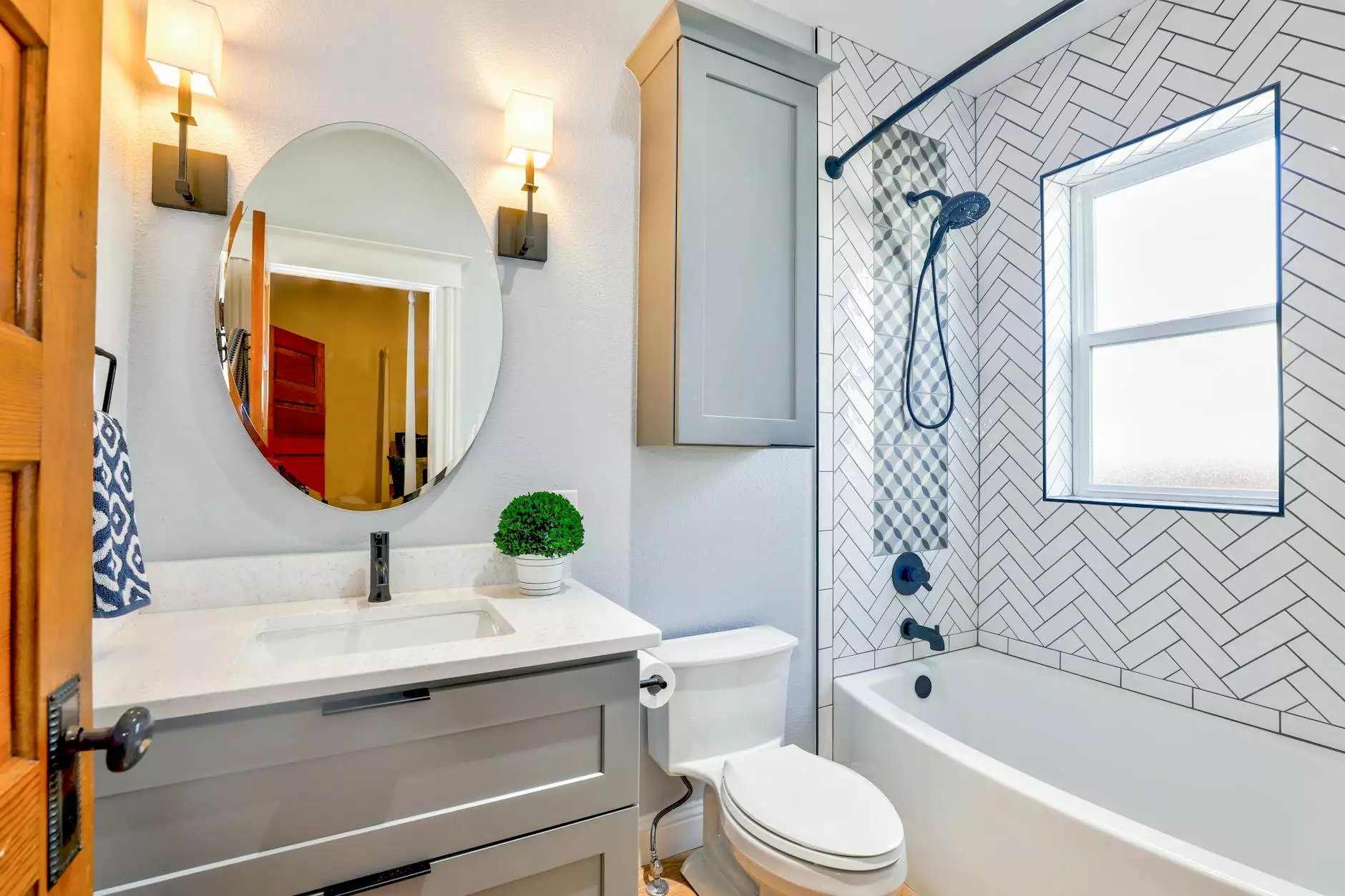Encopresis & Enuresis Resources | Toileting Help
Child Therapy
Introduction
Welcome to Alison K Bowles, Ma, Lmhc - your trusted source of information and support for managing Encopresis and Enuresis in children. Our goal is to provide comprehensive resources and expert guidance to help parents, caregivers, and professionals address and overcome challenges associated with toileting difficulties.
What is Encopresis?
Encopresis is a distressing condition characterized by repeated involuntary passage of feces in children who have already completed toilet training. It often occurs as a result of chronic constipation, where the impacted stool stretches the rectum and weakens the bowel muscles. This leads to leakage of soft or liquid stool, even though the child may have regular bowel movements.
What is Enuresis?
Enuresis, commonly known as bedwetting, is the involuntary discharge of urine during sleep in children who are old enough to have bladder control. It can be categorized into primary enuresis, where a child has never achieved nighttime dryness, and secondary enuresis, where bedwetting returns after a period of being dry.
Signs and Symptoms
Children experiencing encopresis may exhibit various signs and symptoms, such as:
- Leakage of stool into underwear
- Frequent soiling accidents
- Constipation and difficulty passing stool
- Bowel movements with large diameter
- Refusal or fear of using the toilet
Similarly, common signs and symptoms of enuresis include:
- Regular bedwetting episodes
- Waking up with wet sheets or clothes
- Embarrassment or distress due to bedwetting
- Increased frequency of urination during the day
Treatment Options
There are several effective treatment approaches for encopresis and enuresis:
1. Behavioral Therapies
Behavioral therapies involve implementing strategies such as reward systems, positive reinforcement, and scheduled toileting routines. These methods encourage children to develop healthy toileting habits and promote regular bowel and bladder movements.
2. Dietary Modifications
Modifying the diet can play a crucial role in managing encopresis. Increasing fiber intake, consuming adequate fluids, and avoiding constipating foods often help regulate bowel movements and alleviate symptoms.
3. Medical Interventions
In some cases, medical interventions may be necessary. Laxatives or stool softeners may be prescribed to relieve constipation and facilitate regular bowel movements. Consultation with a healthcare professional is essential before considering any medication.
4. Psychological Support
Children and their families may benefit from psychological support to manage the emotional impact of encopresis and enuresis. Alison K Bowles, Ma, Lmhc offers specialized mental health services, including counseling and therapy, to help individuals cope with these challenges.
Prevention Tips
While each child's situation is unique, here are some general tips that may help prevent encopresis and enuresis:
- Establish a consistent toileting routine
- Encourage healthy eating habits with a balanced diet
- Promote regular physical activity
- Drink plenty of fluids
- Create a calm and supportive toileting environment
- Address any emotional or psychological factors that may contribute to the conditions
Seek Support from Alison K Bowles, Ma, Lmhc
Alison K Bowles, Ma, Lmhc is dedicated to providing expert mental health support in the field of encopresis and enuresis. With years of experience and a compassionate approach, Alison works closely with parents, caregivers, and professionals to develop personalized strategies for managing and overcoming these challenges.
If you require guidance or have any questions about encopresis and enuresis, please don't hesitate to reach out. Together, we can make a positive difference in the lives of children and their families.




